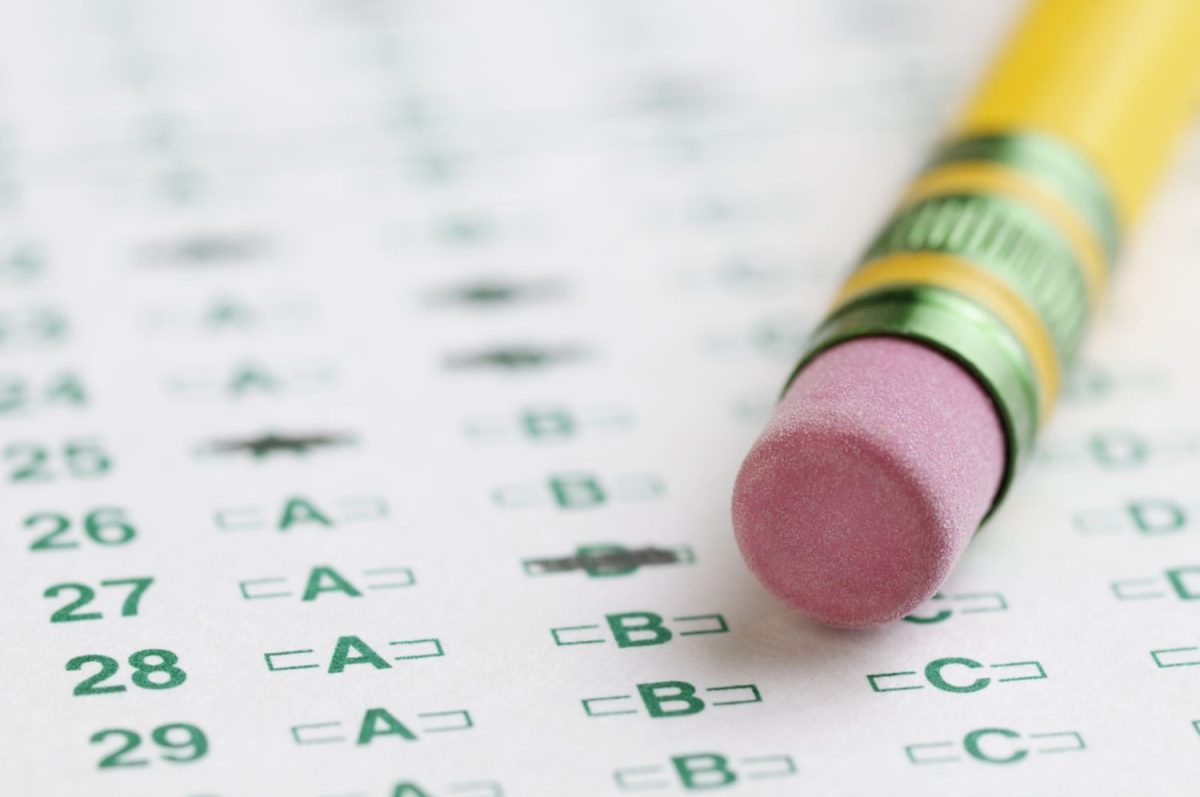As the end of the semester approaches, students across our school are bracing themselves for the inevitable: final exams. However, amidst the stress and anxiety that often accompany these exams, a growing number of students are questioning whether the traditional approach to finals truly serves their best interests. Unlike many surrounding schools that have adopted more flexible policies, our school mandates that all students must take final exams for each of their classes, regardless of individual circumstances or performance throughout the semester. The only exception to this policy is for seniors during their second semester. They must meet three distinct requirements:
1. No unexcused absences in that class
2. Five (5) or fewer excused absences in that class
3. A grade percentage of 80% or higher in that class
This one-size-fits-all approach fails to acknowledge the diverse needs and abilities of our student body. For some students, final exams represent an opportunity to showcase their knowledge and skills accumulated over the course of the semester. However, for others, they can be a source of immense pressure and anxiety, disproportionately affecting their overall well-being and academic performance.
One of the main arguments against mandatory final exams is that they do not accurately reflect a student’s true understanding of the material. Rather than providing a comprehensive assessment of students’ knowledge and abilities, finals often place undue emphasis on memorization and test-taking skills, neglecting other forms of assessment such as projects, presentations, and class participation, which may better demonstrate a student’s mastery of the subject matter.
Moreover, the rigid nature of final exams fails to accommodate students who may face extenuating circumstances, such as illness, family emergencies, or mental health challenges, which may impact their ability to perform well on exams. While some students may be able to request accommodations through a formal process, many feel that the burden of proof placed on them is unfair and adds to their stress and anxiety.
Fortunately, there are alternatives to the traditional final exam model that have been implemented successfully in other schools. Some schools have adopted a system of “exempting” students from finals based on factors such as attendance, grades, and overall performance throughout the semester. This approach not only reduces the burden on students but also incentivizes consistent effort and engagement in class throughout the semester.
In addition, some schools have embraced project-based assessments or portfolio evaluations as alternatives to traditional exams. These methods allow students to demonstrate their understanding of the material in a more meaningful and authentic way, while also promoting critical thinking, creativity, and collaboration—skills that are essential for success in the 21st century.
As we reflect on our current approach to finals, it’s clear that change is needed. By adopting a more flexible and student-centered approach to assessment, we can create a learning environment that is equitable, inclusive, and supportive of all students, allowing them to thrive academically and personally.




